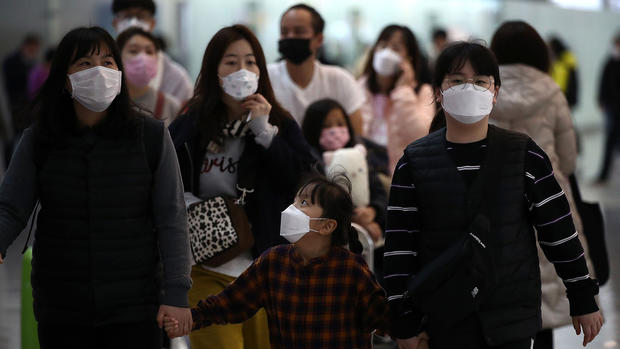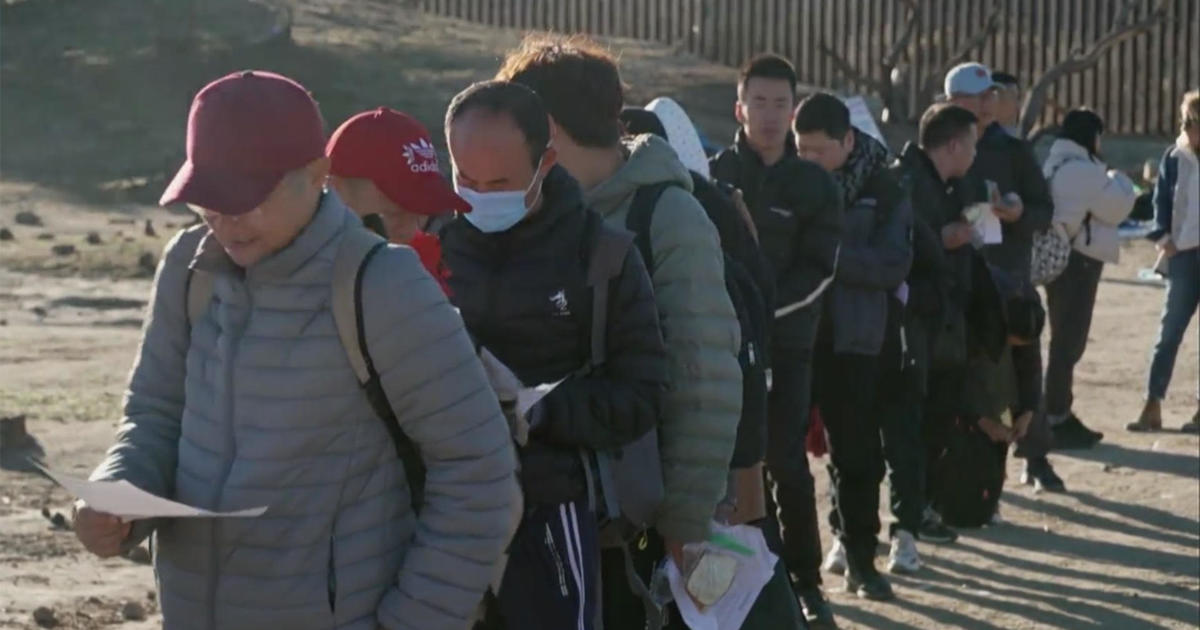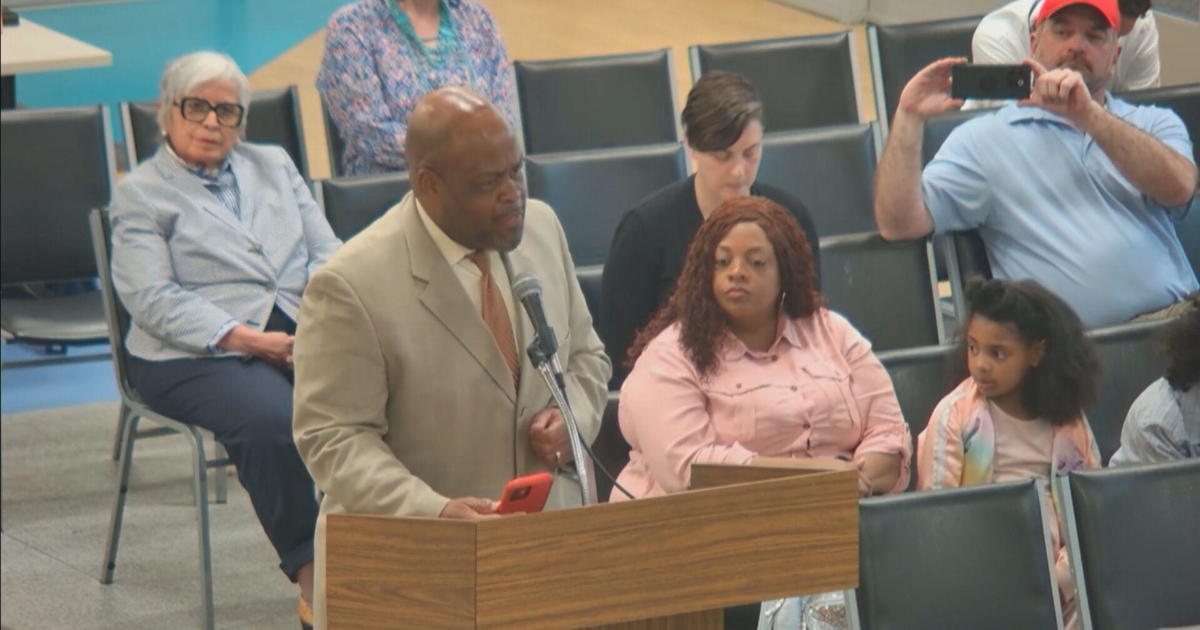What Does The New Public Health Emergency Mean To You?
(CBS4)- The Department of Health and Human Services declared the coronavirus outbreak a Public Health Emergency on Friday. In short, it is a ratcheting up of screenings and quarantines for the virus to a new level. There has not been a public health emergency declared in more than 50 years.
Here are the nuts and bolts of the policy:
The identification of people who could potentially be infected with the virus, who then would be temporarily barred completely from entering the country.
This would include any foreign nationals who have been in, or traveled to/from China within the past 14 days. The complete ban would not apply to immediate family members of U.S.
Any U.S citizen who has been in China's Hubei province (where Wuhan is located) within the past 14 days would be "subject to up to 14 days of mandatory quarantine".
Any U.S. citizen who has been anywhere in China within the past 14 days, even without symptoms, may be subject to isolation, including home isolation, for up to 14 days after return.
Inbound flights from China would be funneled through seven airports, where more thorough screening can be performed.
Those seven are San Francisco, LAX, JFK in New York, Atlanta, Honolulu, Seattle, and Chicago's O'Hare.
The enhanced measures go into place Sunday at 5 p.m. ET.
The latest statistics on coronavirus show more than 10,000 cases worldwide, mainly in China, with 213 reported deaths.
In the United States, there have been seven confirmed cases: Three in California, two in Illinois, one each in Washington state and Arizona. Currently, 191 people are being investigated/tested for having coronavirus.
It's always important to note the risk of coronavirus versus the flu. The number of people hospitalized in Colorado with influenza number more than 1300, with thousands more ill at home.
Across the country, there have been more than 10,000 deaths and 20 million sickened with flu.
With the flu season lasting until May, it's not too late to get a flu shot.




